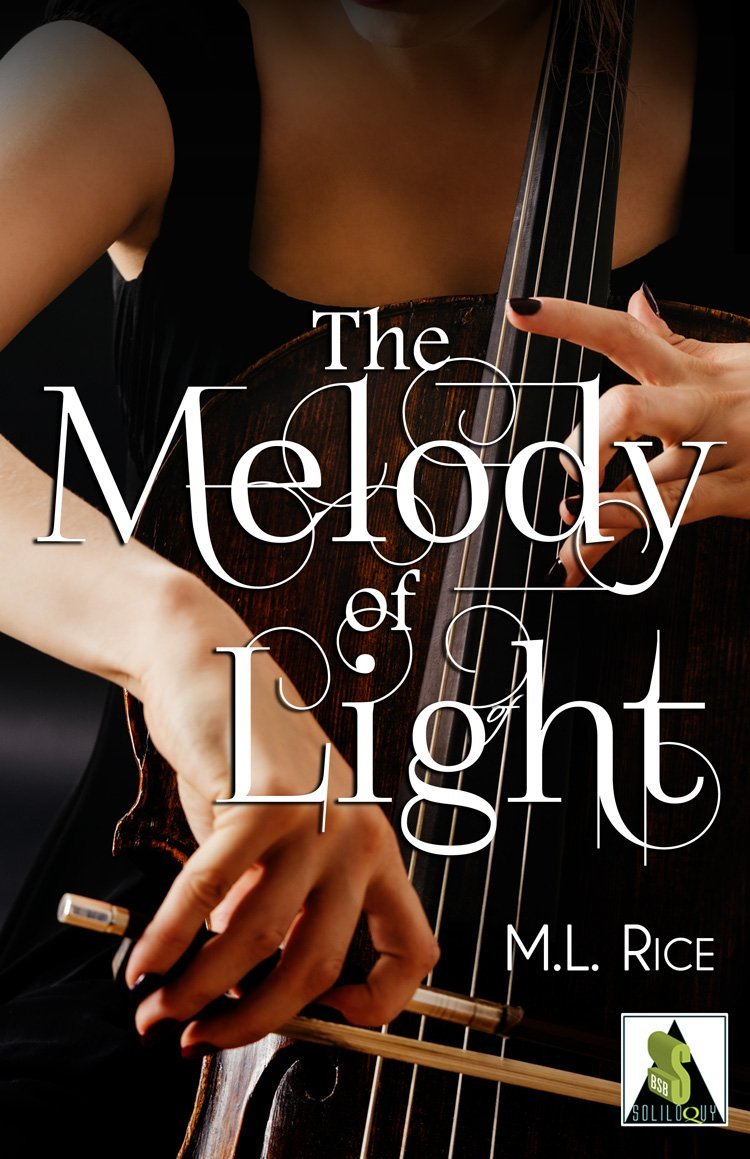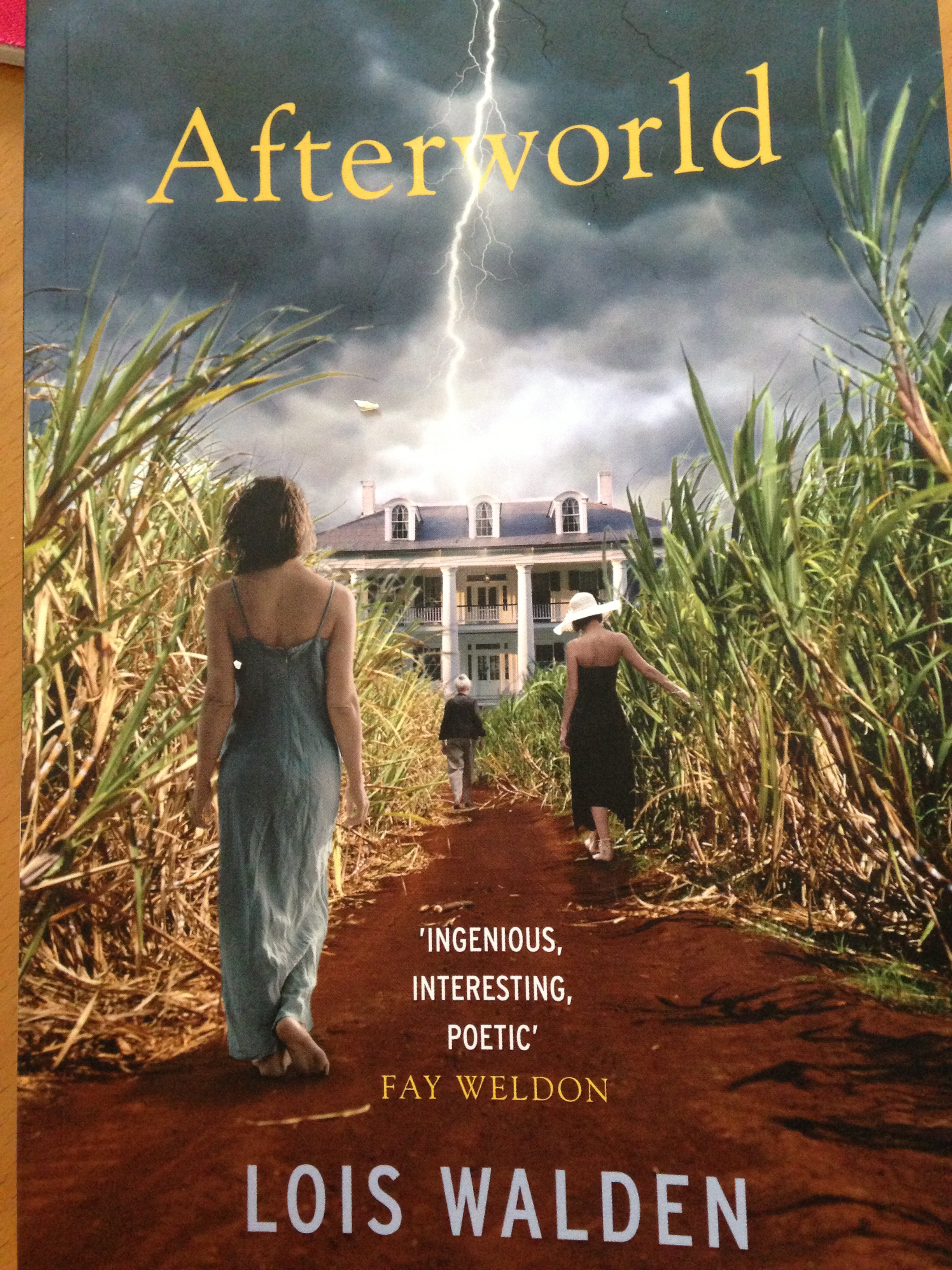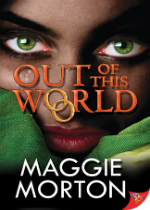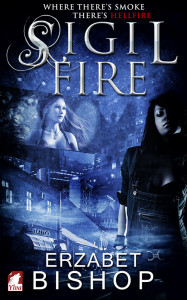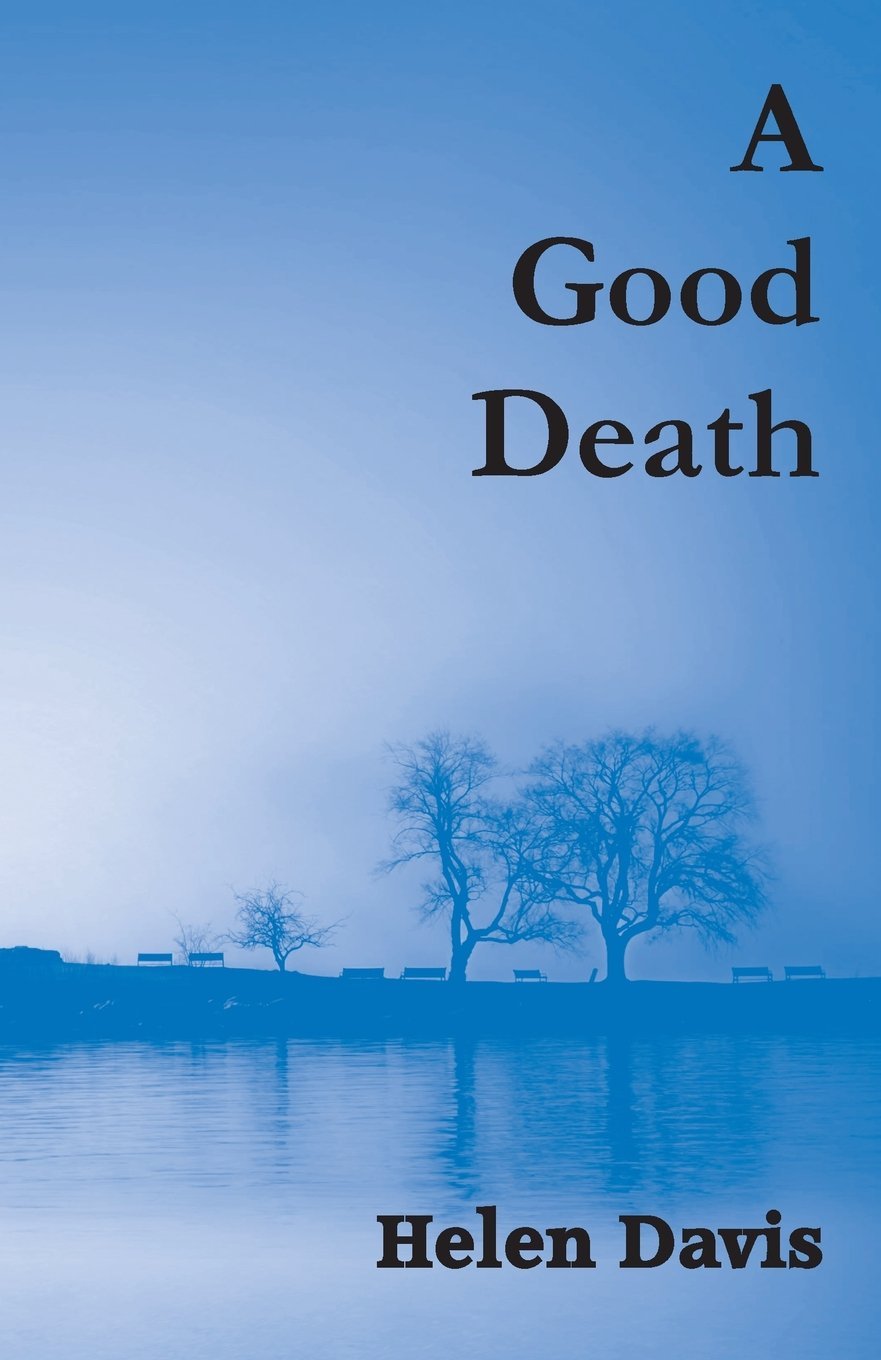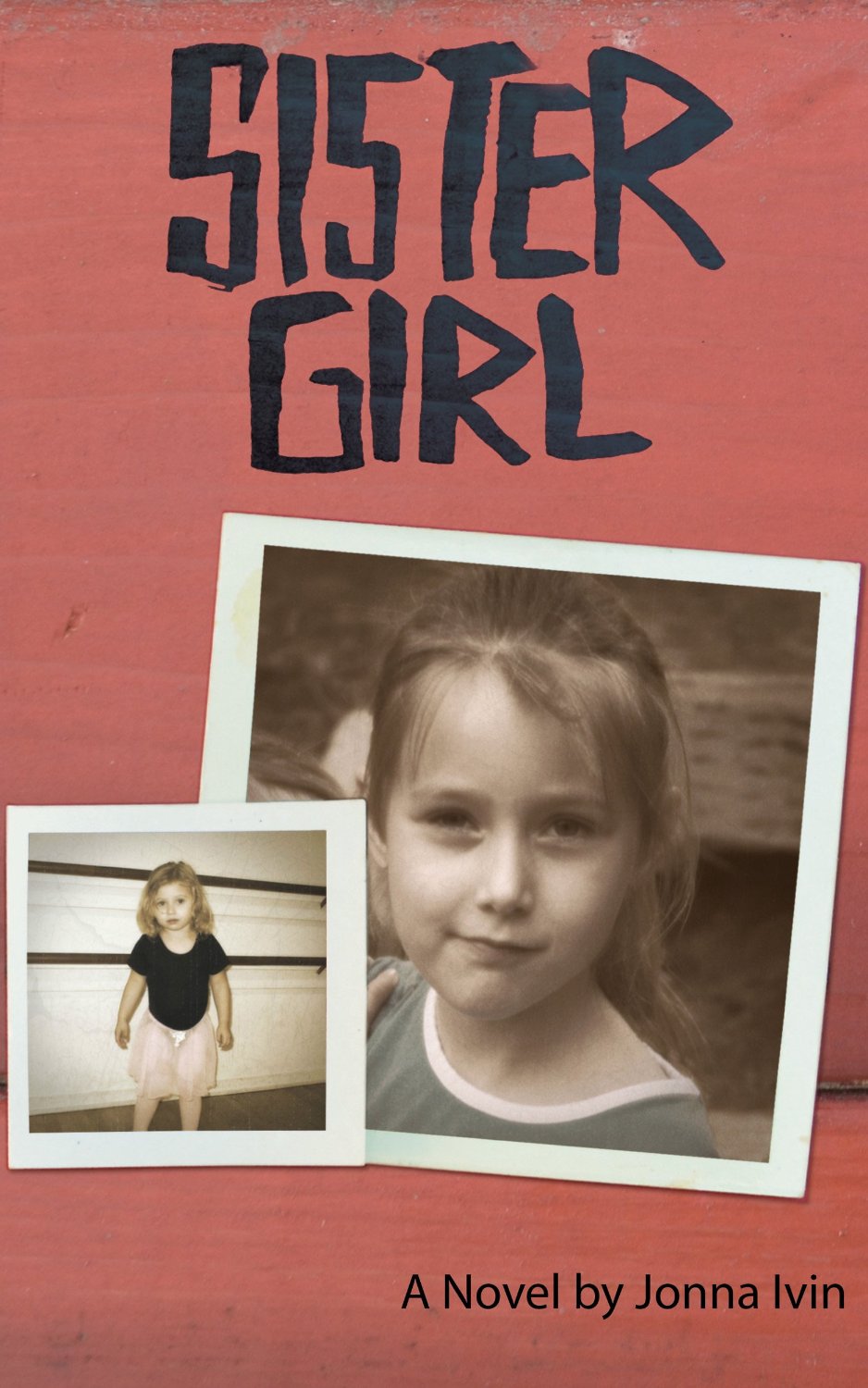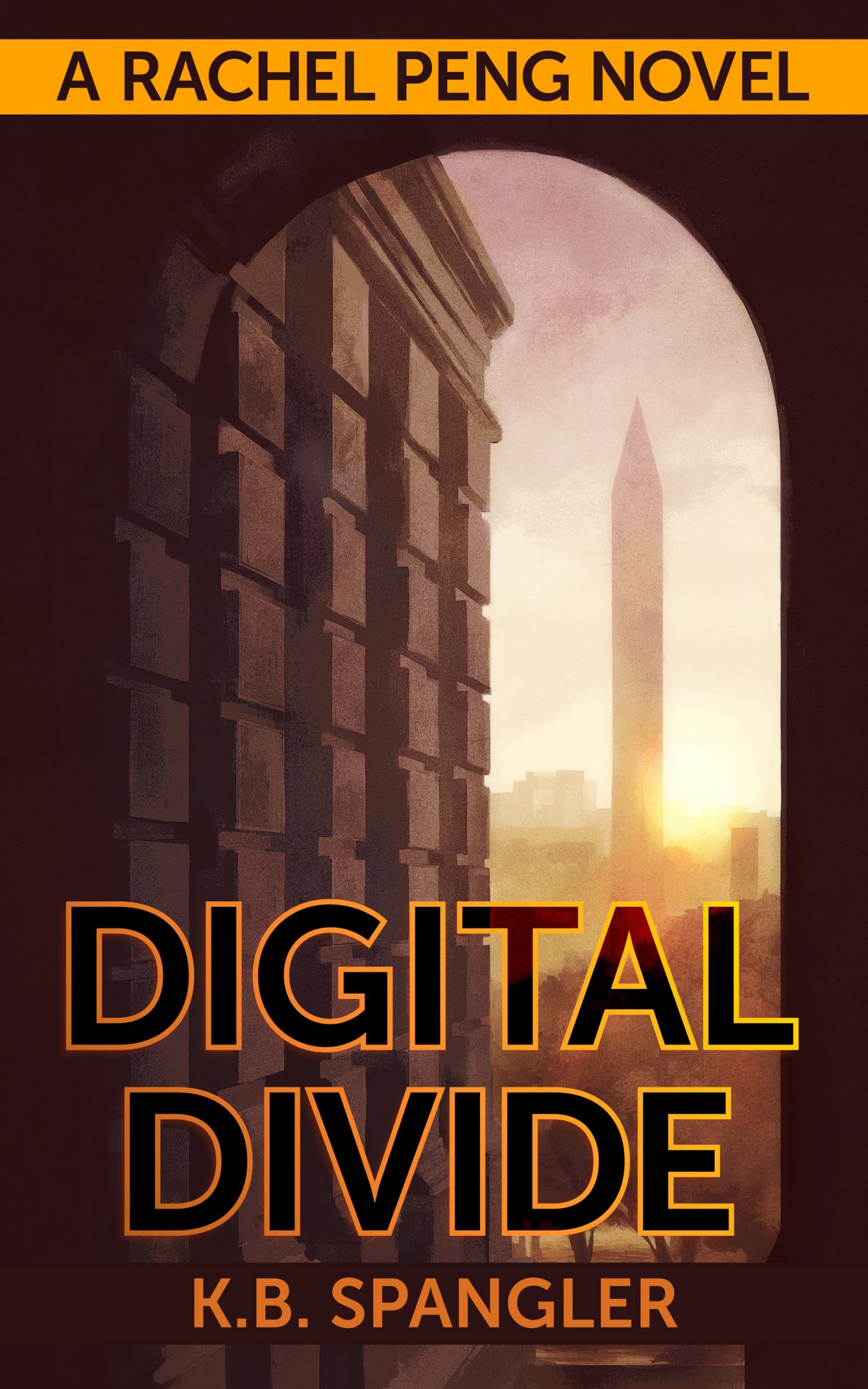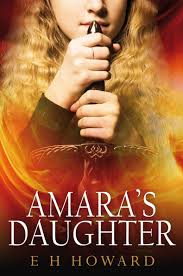In which I review another book from Bold Strokes Publishing. This YA drama enters around a girl names Riley, whose childhood has been traumatic – double orphaned and abused by her aunt and uncle, her and her brother Aiden grow up in a foster home where she gets yet more abuse from Mean Girls. As she grows up, she has to learn how to deal with her past and navigate dating as a young lesbian. And, well, that’s it.
First, let’s get the bad out of the way. The plot lacks suspense or excitement. There’s a prologue which shows Riley in a dramatic moment, and this has been copy-and-pasted directly from the climax of the book. This, to me, is just lazy writing. It also backfired, because I forgot completely about the prologue until I reached that point in the book and realized that it sounded vaguely familiar.
Second, the book is so heavy on the telling and light on the showing that it kind of reads like a really, really, really really long synopsis. “This happened and then this and then this and then she felt this way but then this happened and she realized that this was not an interesting style to read at all.” Basically, as soon as one scene is set up, the reader is whisked away to another scene and given no time to be absorbed by the story.
And third, the characterizations. Riley is the epitome of the Not Like Other Girls. She finds other girls shallow and vapid and doesn’t understand why everyone isn’t like her, working constantly towards her goals and never relaxing and also being consumed by “demons of fear.” Throughout the book, however, Riley displays very little personality. Her responses are limited to responding in abject fear or unreasonable anger to situations, with no real in-between.
I can’t mention Riley’s characterization without mentioning the Other Girls as well. During her time in a group home, she gets intensely bullied both by the girls she lives with and the ones she goes to school with. This seems more like a gimmicky plot device on Rice’s part to make Riley a more sympathetic character with an even more traumatic past, because the bullying seems all out of place and the reactions to it vague at best. Having been a girl who went to high school, I am aware that bullying does occur, but if it gets to the levels described here, something is usually done about it. And not everyone in the world is a bully, yet Riley has no friends, or even acquaintances, during high school. Not a one. Zip. Nada. All other girls are described as faceless, shallow beings who exist purely to torment her.
In college, these faceless girls are given a name and a voice in the form of Riley’s new roommate, Brooke. Brooke goes out drinking and partying, has a boyfriend, and is mean to Riley. Again, Other Girl syndrome. Luckily, as Riley overcomes her problems and makes friends, Brooke kind of symbolically vanishes into the ether, so that’s good I guess.
Alright, enough with the negativity. Let’s talk about the good. Because despite all of the massive problems that this book has, there are some good points as well.
Riley’s relationship with her brother is presented very well. They have a funny, sweet and believable bond that was probably the only thing that kept me reading through the first part of the book. Their repartee, while verging into annoyingly witty at times, was a breath of fresh air after all the telling-not-showing. In fact, I would go so far as to say that dialogue and presenting relationships are Rice’s strengths as a writer.
Which brings me to talking about Riley and her sexuality. She’s a bullied unpopular high school kid, so doesn’t have any relationships then, but her burgeoning awareness of her sexuality is presented casually and naturally. She has no moments of big coming-out declaration – she just knows, and her brother takes it as par for the course. And I think that’s GREAT. That no matter who you’re attracted to, it’s all equally as valid and real and there’s not always a big climactic coming-out moment.
And again, in college, there’s no drama about ‘finding the other lesbians’ – she just meets girls, who also happen to be gay, and is attracted to them, or becomes friends with them, and that’s cool too. Because again, we’re not in some secret club and hide out. There are lesbians everywhere! You find us in coffeeshops and bookstores and bars and recital halls! Again, normalizing the LGBTQ community is fantastic.
The relationships that Riley builds in college are also done fairly well and probably my favorite part of the book. I could see a young me relating to her in her struggles to navigate the gay dating scene – because it’s not like we get any tips from mainstream media. And this point, that her relationships are valid and fairly well-written and relatable – is the main redeeming feature of The Melody of Light. It’s the only reason I’d recommend it to someone.
If you’re looking for an exciting read with high-quality writing, this probably isn’t the book for you. But if you want something featuring high-quality lesbian relationships and a bit of mediocre drama doesn’t put you off, then you may want to check it out.
If you liked this review, you can check out my book review blog at http://booksishouldhavereadalongtimeago.wordpress.com

